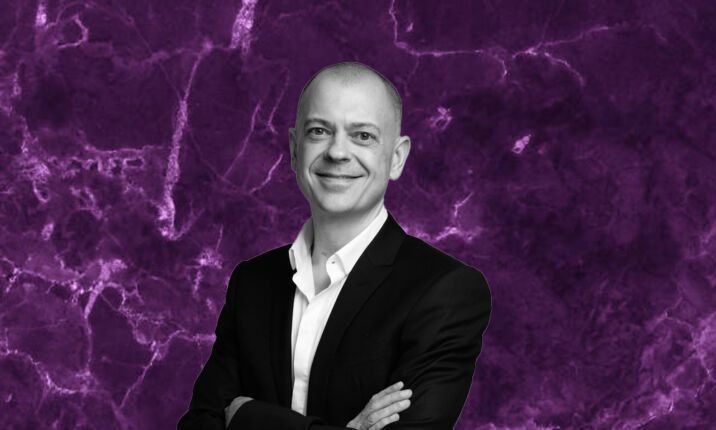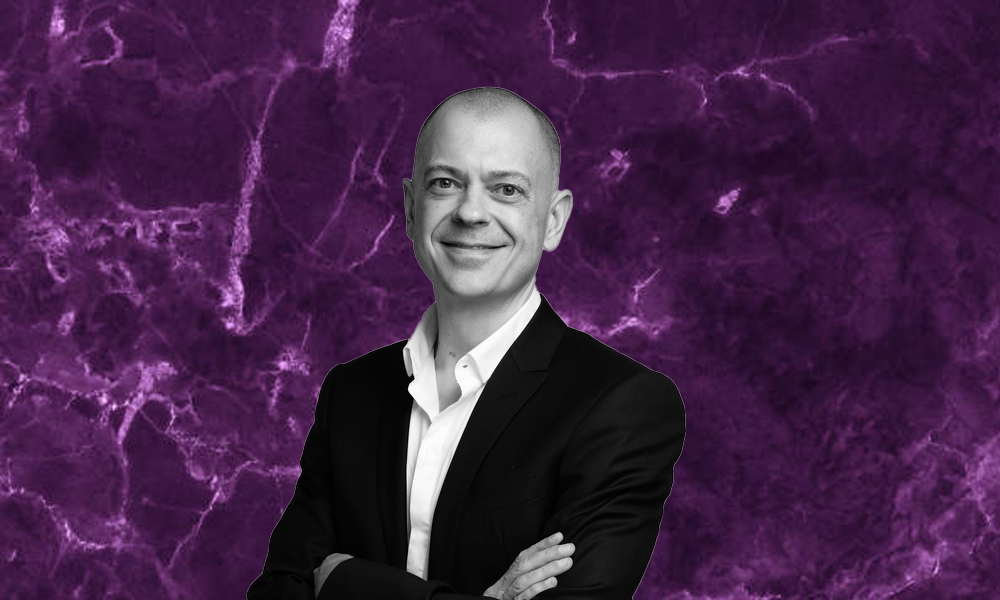
European private equity giant EQT has its sights set on Europe as the momentum for investing in the region ramps up amid geopolitical and macro developments.
“Positive momentum on the policy side as well as on the government side, like the Draghi report, is a realisation that Europe faces a competitiveness issue today… and there are certain things private capital can do to solve that,” Bert Janssens, co-head of private capital for Europe and North America at EQT, told Private Equity International, during an interview at the firm’s capital markets day in London last week.
Janssens added that the impact of US tariffs and trade tensions means investors have to diversify more and have more exposure to the euro.
“We’re very bullish on Europe as a whole because of that,” he said.
European businesses account for about 65 percent of the firm’s portfolio, representing half of total capital invested across strategies, and of which more than 50 percent are venture and growth companies. North American companies make up about 35 percent and Asia-Pacific businesses 15 percent, according to materials presented by the firm.
Asked about the attractiveness of investing in European defence assets, Janssens noted that the firm is still “trying to figure out where they sit on the spectrum”.
“Some of our investors are worried about that. Other investors are very forward-leaning on that, saying that they want to invest in defence-related funds… There’s definitely a bit of knee-jerk reactions to both sides. We have historically not been active in that market, but it’s always good to re-debate this thing.”
Janssens stressed that EQT will not invest in weapons or ammunition. The broader conversation around resilience in Europe extends to many areas including cybersecurity and energy, areas which the firm has invested in, he added.
The US remains an attractive and strategic market for the firm, he said. “[The US] has a deep pool of interesting companies. We’re extremely selective in US as a firm and as a strategy. We there have a sniper-shot approach that we follow,” he said.
He added that the market has been “a very accretive part” to EQT’s business, although the firm has a rule to avoid businesses that are heavily regulated or exposed to macro and political dynamics.
Across the firm’s 250 portfolio companies in Europe and North America, EQT said it had “no or limited exposure to manufacturing and trading of physical goods”. A potential global recession and higher inflation would, however, have second- and third-order impacts on its portfolio, the firm noted in its latest quarterly update.
Looking ahead, Janssens noted that the firm’s private capital portfolio will continue to be Europe-dominated. “I don’t think our split between Europe and US is going to change in the near future,” he said.
EQT – the world’s third-largest PE firm by capital raised over the past five years, according to the latest PEI 300 ranking – has global PE strategies across sectors including technology, healthcare and life sciences. It is deploying its €22 billion flagship fund EQT X.
Janssens, who overseas a number of the firm’s strategies including its flagship buyout fund series, venture, life sciences and its long-hold future fund, noted that in the current environment, selling is more important than buying.
“We’re not in the business of buying businesses. We’re in the investment business, which means you buy and you sell… We’ve got liquidity to invest. There are a lot of interesting companies that have not been finding their way to exits,” Janssens said. “We see that as a phenomenal opportunity to keep hunting and adding portfolio companies.”
